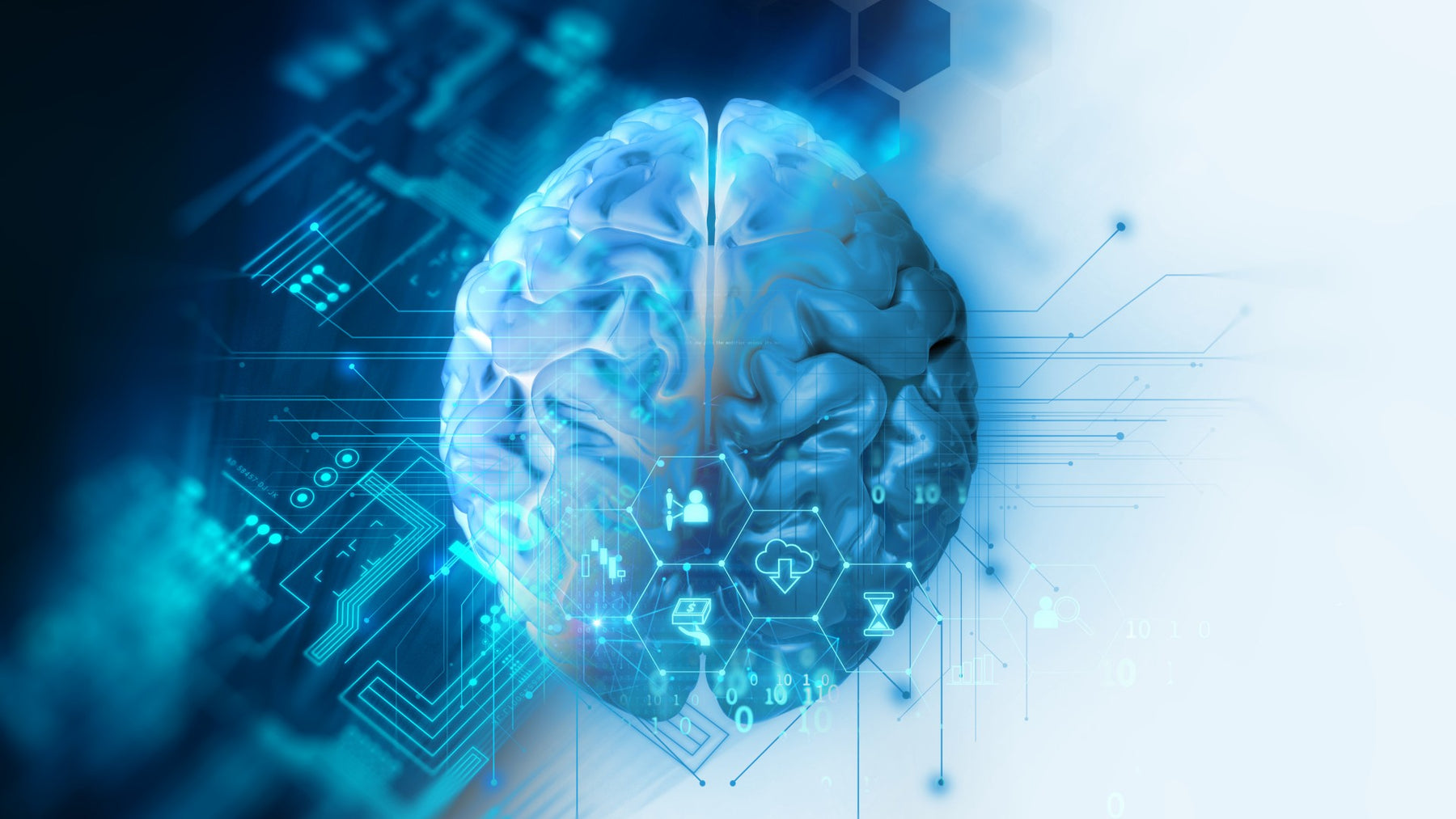
Aducanumab - The New Miracle Alzheimer's Drug?
Peptides found in amyloid plaques result from APP, or amyloid precursor proteins. These proteins are disassembled by gamma secretase and beta secretase, and as a result yield A?. A? molecules can then combine, or aggregate, to create oligomers.
Related: The Best Nootropics and Cognitive Enhancing Supplements
Some of these oligomers misfold during creation. They are referred to as "seeds." These seeds can cause other normal A? molecules to misfold, creating an unwanted and dangerous chain reaction.
These seeds, and the resulting amyloid plaques, are toxic to nerve cells.
The tau protein, which is also tied in to the onset of Alzheimer's disease, forms misfolded oligomers. Some evidence indicates that misfolded A? molecules might lead to the creation of misfolded tau proteins.
Aducanumab - A Potential Breakthrough Antibody
The antibody known as aducanumab has been shown to reduce A? plaque in those with Alzheimer's disease. [1] Called antibody-based immunotherapy, treatment with aducanumab works to mitigate or clear neurotoxicity. Previous attempts to do so with antibody therapy have been unsuccessful. This paints the potential of aducanumab to be breakthrough.A study published just this week (Published online 31 August 2016) found that patients with mild or prodromal (showing early symptoms) Alzheimer's disease who were treated with aducanumab experienced a reduction in brain A?. [1] This was in a time and dose-dependent manner. A year of intravenous aducanumab infusions were administered, or a monthly basis.
The reduction in brain A? was accompanied by a slowing of decline as measured by the Clinical Dementia Rating.
The findings of this study, though promising, are still not conclusive. They do command and justify further development of aducanumab, and phase 3 clinical trials.
Professor Roger M. Nitsch, MD, who is the president and co-founder of Neurimmune, had this to say:
"These results potentially represent a major step forward in the fight against Alzheimer's disease; the magnitudes of the effects as well as their time- and dose-dependency are truly intriguing. Aducanumab also demonstrates a proof-of-concept for our RTM? technology platform. It gives us further evidence that our approach is working and provides promise for many of the other drugs we are developing using this technology."
Alzheimer's Disease Symptoms and Statistics
10 symptoms and signs of Alzheimer's disease:- Disruptive memory loss
- Struggles with problem solving or planning
- Issues finishing once familiar tasks
- Disorientation with location and time
- Difficulty processing spacial relationships and visual images
- Issues with writing or speaking
- Misplacing items, and difficulty retracing steps
- Poorer judgment
- Decrease of interest in social functions, work, and hobbies
- Personality and mood changes
- More than five million Americans live with Alzheimer's disease. Nearly 44 million people worldwide suffer from this condition.
- At any given time, only one in four individuals with Alzheimer's have been diagnosed.
- 200,000 Alzheimer's patients are under the age of 65.
- Death rates of seniors with Alzheimer's is twice as high.
- One in three senior citizens dies with either Alzheimer's disease or another form of dementia.
- In 2015, Alzheimer's patients received over 18 billion hours of unpaid care from 15 million caregivers. This is 150 days per year for every Alzheimer's disease patient.
- Each family caregiver spends approximately $5,000 yearly to care for someone with the disease.
- There is a new case of Alzheimer's disease every 66 seconds.
- Alzheimer's disease will cost the US $236 billion dollars in the year 2016. Global cost is over $600 billion.
- Alzheimer's disease kills more than breast cancer and prostate cancer combined.
- Two thirds of Alzheimer patients are women.
Improving Brain Health, Function, and Focus
[caption id="attachment_42483" align="alignright" width="250"] Ambrosis Mental Jewels contains both ginseng and phosphatidylserine. Click here to order now.[/caption]
Ambrosis Mental Jewels contains both ginseng and phosphatidylserine. Click here to order now.[/caption]While we often obsess over body and looks, and even overall longevity, one aspect that gets overlooked is brain health and function.
If you're looking to improve memory and focus, here are some supplements and nootropics you may want to consider.
Ginkgo biloba - Ginkgo biloba is the most popular brain-boosting supplement on the market. It's purported to boost cognition, or overall brain performance. [2]
Panax ginseng - Referred to as "true ginseng," panax ginseng is said to improve mood and brain function.
Phosphatidylserine - Phosphatidylserine is an amino acid derivative that is found in large amounts in the brain. There, it assists with proper functioning of the brain. It may also work to improve memory.
References
1) "The Antibody Aducanumab Reduces A? Plaques in Alzheimer?s Disease : Nature : Nature Research." Nature.com. N.p., n.d. Web. 1 Sept. 2016.2) "Ginkgo Biloba - Scientific Review on Usage, Dosage, Side Effects | Examine.com." Independent Analysis on Supplements & Nutrition | Examine.com. N.p., n.d. Web. 1 Sept. 2016.

Leave a comment